Trapped in the Blinding Contrails a star has jetted down the sky, drowning me in its blinding contrails, my legs flail in their search for footholds, but they sky holds none. weathered scrolls with evanescent words map my cavernous world, ruling out the life my heart considers a cocoon. i seem to be lost on this winding path, despite the plethora of hands pushing me forward. being myself isn’t an option when my life is a totality of my predecessors’. my struggles in the contrails are measured by perfectionist eyes. let me out of the sky, find me somewhere beneath the earth. i wish to be a lone ‘one’ and not just a product of one and one, i wish not my life to be thrown into the mausoleum of my predecessors’. and while I stay adrift in the skies tonight, i try not to drown my successor in the blinding contrails i leave behind. What Father Calls Language I come from a corner of the world where you have to clip the wings of your words with scissors so they don’t fly from your throat into your audience’s brain through the wrong hole. Father says I don’t have to move my lips before the words ooze into my listener’s brain because language isn’t what I speak or write, it is that which revolves in my head. unsaid. unheard. When it Climaxes… my eyes widen, the cornea stretches, the brown pupils growing rounder and larger, multiplying the proximity between the eyelids. my lungs call for air but air seems to stop moving at the vestibules of my nose. the airs on every part of me arise like soldiers responding to the call of duty. my right hand, despite being shackled by my wristwatch, flails freely in the air, the popcorn in the captivity of its fingers roll backwards, finding the way out, while the left one grasping the popcorn cup remains immobile in the air. my legs are caged in my canvas shoes, rooted to a spot like the iroko. a piece of popcorn awaiting its fate -- to be crunched to death by the ruthless molars and drowned in the sea of saliva that flows down my belly -- drops back into the cup, followed by a drop of saliva that my tongue catches mid-air. my eyes dart left & right, front & back, searching through the myriad of faces that swarm around me, for whoever might have seen me drool. but none! everyone else suffers this fate. my eyes fly back to the huge wall before me where the pictures move, move & move again. that’s a huge plot twist, i must confess. When Love Beckons follow with your head and not your heart, cause the heart is a fool that makes too many mistakes that put your poor head in trouble, and let it resound through the chambers of your ventricle that love is but blind, so keep your eyes open, as you traverse the realm of love, so you don’t crash into the disaster that shatters your heart.
Category Archives: CHAOS
Poetry from Amirova Niginabonu
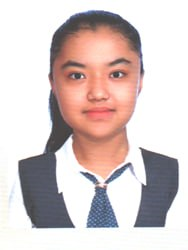
Cloud and sun In the vast bosom of the sky, Tinctures "blessed youth". I'm tired of watching Light is a generous sun. To share my love It was the sun's turn. Unceasing cloud, Share the tears. So the sun changed, Thanks to the cloud. My service is over I also give my light. The sun is tied around his waist, ready for service Cloud's tears, Dice turn into light. A house by the river A lonely house on the bank of the river, Who was watching and waiting for? Tevarak is surrounded by green trees, How many days were crowded or lonely? Not one guest, one thousand and one people. Thankful refuge for all. The passenger does not separate, does not choose at all. It is a sin not to open the door. The fury of winter, the day of the Koran, A boat companion tied to a tree. He is destined to be rewarded, The sad, sad look of the loved ones. Mind The skin of the mind, the universe decorates, Don't worry about your behavior. The tariff you are told is a description, A flower will please your heart. We are higher than the mountain that will raise your glory, Your services are an example to many. Enthusiasm is always a friend of the mind. Be familiar with the truth. Law of life The ice that conquered the peaks of the mountains, It slowly melts from the sun. Rushing through the grass They are sick when they look up. Life gives by walking the path, There will be those who are offended. This is the law of life from time immemorial, Everything would be great then Ship white ship with white sails, Suzar in the sea wave. The sails flutter, The horn is at the height of the wind. Heading towards the horizon, The goal is goodness. Accompanying people Let's reach the goal. A tiny white ship, There is a lot of power in him. Believe in his power, Your intentions are answered. Rainbow In the middle of the day, It rained suddenly. Nature's wonderful, He performed a miracle. The garden faded away, From the rustling sound. Insects are amazed, From this rustling sound. The rain has stopped, The sun is in its place. The sky suddenly cleared, He looked beautiful. Seven kinds of rainbow Samo smiles across the sky. I love you Unfortunately, Ming does not know. Rainbow from my youth, I love the shine. A drop of water in the sun, I know you will be punished.
Amirova Niginabonu was born in the village of Ibrahimota ,Nurabad district , Samarkand Region .The 8 th – grade student of the Samarkand Specialized Art Boarding School has published a book of poetry entitled ʼʼ Kaldirgochʼʼ His creative works were published in the youth magazine ʼʼ Samarkand Mishoirasiʼʼ
Essay from Gulsanam Qurbonova
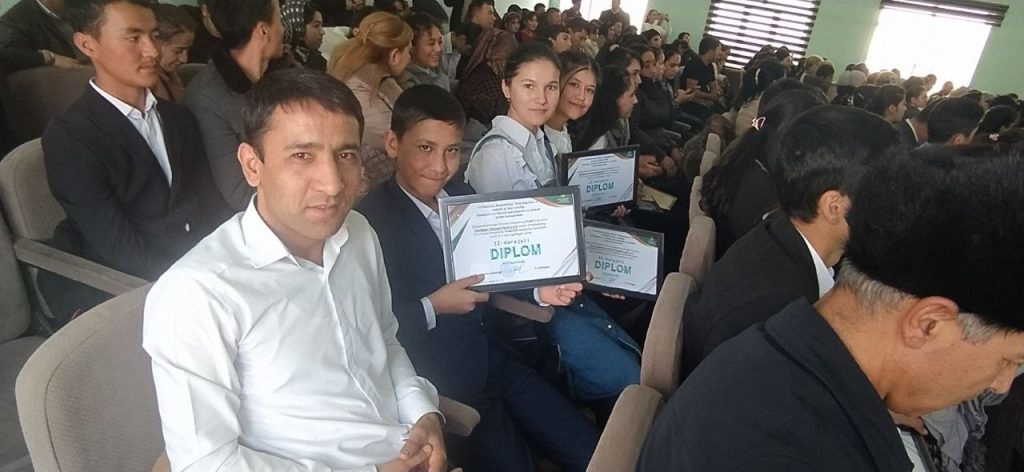
MY MOTIVATIONS IN LIFE
Successful people always think positively. They always enjoy life no matter what. They are good at almost everything. It’s always nice to talk to them because they’re always smiling and friendly. Such people poison others with their happiness. Successful people believe in themselves and their success. They never feel bad that “I can’t succeed” because they make every effort to learn everything in advance. However, even if something fails, they, unlike those who are harmed, ask themselves, “How did this happen and what should I do?” They ask the question and look for ways to get a positive result. Successful people are not afraid of responsibility. They take responsibility for the decisions they make, even if they are difficult for others or risky. When you’re successful, you immediately have haters around you. Ignore them, don’t let criticism, pressure, emotional attacks make you weak. Build up your confidence and use your armor of confidence for good!!
What is the role of energy in our life? Why do I rarely take people close to me? There are different categories of people around us and we have to establish a relationship with them. I have been working on my spirituality and personal development for years and I want to share my findings with you! I avoid 3 categories of people very quickly, I don’t even read their messages: 1) He complains about his life, shares his pain with everyone, blames everyone and makes himself the victim 2) Interferes in the life of others, discusses and gossips about it; 3) Those who do not understand you, who only think they are right and give unsolicited advice. These 3 categories of people eat your energy. After you talk to a person who constantly complains about his life, makes himself miserable, blames everyone, his energy and aura of dirt will transfer to you. You feel powerless, unable to do anything. Those who interfere in other people’s lives and look for dirt under their fingernails can even make you sick. Gossip, discussions, finding fault with someone will darken your heart, and being too busy with things that have nothing to do with you is nothing more than wasting your energy. For example, I don’t care who is married, divorced or at war with someone. Those who always blame you, who do not understand even if you explain a million times, who look for dirt under their fingernails, are the biggest enemies of your energy. By the time you explain to them and justify yourself, you will be exhausted and nervous. Because he does not understand, does not want to understand. Because he himself is so negative, he thinks of others as well. I will forever block those who have bad suspicions about me, I will never talk to them. Because if you don’t do a thousand good deeds, he will suspect evil. Allah also said: “I am in the suspicions of my servant about me.” Whatever you suspect about people, he will show you. I rarely have close relationships with people. I do not allow negative energy to influence others. I don’t listen to anyone on personal matters, I don’t give advice. Because I don’t know the situation completely, and someone’s problems and pains definitely affect me. That’s why I stay away. Don’t let someone else’s dirty aura affect your beautiful life, don’t waste your valuable time discussing the lives of worthless people.
When you bring yourself to zero, that’s when positive energy flows into you. Zero is the strongest number and state in the world. The number, which represents nothingness, emptiness and nothingness, is a very powerful number. God created man innocent. At first he was zero to sin. That’s when he was the strongest. For example, you talk about your problems, let’s say you have 10-15 problems. You don’t have a car, your health is bad, you are unhappy with your family, and so on. Is it possible to erase these when you write them down on a piece of paper? Of course it is possible. But what can’t you turn off? Zero! You can’t erase an absence from a sheet.
QURBONOVA GULSANAM was born on April 16, 2006 in Dehkhanabad district of Kashkadarya region. She is currently a grade 10 student at school number 68 in Dehkhanabad district and is proud of the regional German language. She has also achieved many results in sports, table tennis, chess, checkers.
Poetry from Eddie Heaton
light and bitter sunday lunchtime with my father in the cemetery wind striking stone beating conflict bearing down scratched on a head marking the days four poems prowl as i fly into deeds that bought me up for change to bring me into line to put me in these lines the imagery awakes and in this mist of time this son of york moves effortlessly ‘mongst the pines a slicing of anxiety that lies most pale in the moonlight witness the nervous prayer vistas that were there for us a very useful sunset once more cut adrift lover-to-be – begin sex and secularity show boats in the drink adolescent agitprop revisited a really low shuck scuttle across the backs of daunting zebras leap or they’ll come for you get down on the blanket then harsh noise too dark once i was a walking erection entitlement personified lewd passions break neck runaway class runaway signs sonic experiments ranging from riffs exclude ecstasy include instances you know she whispered you do know gentle then gentlemen we are subjects of the author of his latest and the world won’t end oh delighting one after all you will after all you’ve seen full-lotus on the mantelpiece a technique to be admired move on to more familiar hypnosis twist yourself into a tree incendiary personal collections consisting of salacious clips behaviour can be useful a fortune on the pools north carolina is drowning and she is a million years old in his pocket lies your breathing modern psychology fries wavemakers made off with my waking red brick telephone lines yes sir she does have two kidneys racists are usually thick the meat grinder has read your note but you are not excused a hundred-thousand potbellies can’t be wrong and personal chemistry can only take you so far this blend of surreal chicanery is remaining weaving opening pieces and having to make do so cease your fashionable scuttling i also find that quite contrived we held we necked as first rains hit the carriage we decoded the typology and oh what fun we had live streaming the event simplify and exemplify or you will be disturbed try to exercise begin to form softness sink into self-defence only partly consume yourself more profit for the shucksters out ways means way out sullen leaps from the parapet my stares have been changed and both are rather weary now coffee brews with queer desires following which and taking it on take what you want and get it to shore farewell yearning cobra cats that ridge their backs time to find the dreamlike frame mind abiding buttered cool blue-tiled pools and pixled fools furnish them with everything be unconscious mind i said call it out then mother-hen and this is what that feels like it creeps into you backwards with its bug eyes on your feet on a tight leash fold and unfold as the woodland comes to life in surroundings i wave she waving must run rice cake wars once factories made sure still jolly reader really bad got bored rather than wait the creature stirred who would have thought of virgin lands with ringing crystals so debauched who then is watching this unprecedented growth through a soft lens reach for a cigarette vodka this world has become a dark world murdering catamites behind a white picket fence what is on offer we bring you plate ransom note thought circuits bathed in flaming gravy simple weird moments in a deep bass slot fine dimly wondered march acoustics sirloin beef broils there bypassing breath this infernal whooping through my mucus has transformed the cold machinery of war break out the psalms and trance-like simul- ations before the god of winds caresses your last breath counting your sleeps in a sound-proofed chamber recycling waste for a jollier death my knees have turned against me and now they’re spreading so there’s little else left here for me to do oh damn your dreams fish don’t want air and many more besides a little bit of ghostly’s gone astray go check for mail and mow the lawn and throw your groceries in the bin this must we see it cannot be it flows through graduated forms a stasis tube containing light a play with something different new concerns providing stranger personal effects aesthetic coffins ripened love buds please dear uncle am i then the one am i a shade of energy pulsating in and out of love of time not out of hate of signs but talk of peace that mimics all the body’s core and fights what should have made a difference and yet appears in more and more degrading revelations force fed into my conscious mind it’s what is endlessly desired discover walks and roots in forestation that renew then take up huge amounts of time – the moments must so easily slip by be still and concentrate as best you can with myra hindley on your knee a flash of bottled radishes pressed uo against your spine that so inflames the rash that your humanity decries irrational darkening dream status a sinistere mouths and my glass eye rolls left arm draped in a short space stake gibbet and cross and repent base pernicious and degrading fire and sword from lip to ear crystallised into a creed prenatal memory cognition black fire town once there was a red hot poker now there’s only central heating shadow travellers offend a sort of rising for a few like-minded friends and what is left is postmarked quarantine daisy gristle welts green gnomes here lie and their chunks anastasia was disposed of lady chatterley's a broken tuba now her topical mouth is a gift shop but it’s closed whose contraption am i strapped upon the master-key is in their hands and i believe they watch my dreams through apertures extending into space Eddie Heaton studied innovative and experimental poetry under the tutelage of post-modern poet and educator Keith Jebb, achieving a first-class honours degree. He also won the 2021 Carcanet Award for Creative Writing. His work has been extensively published in a number of prestigious literary journals.
Poetry from Mykyta Ryzhykh
*** red bones boiled in night porridge my grandmother coughed every time bypassing the cemetery which does not exist an inconspicuous shadow hangs on the wall of our high-rise building birds peck at this shadow from hunger crumbs of pigeon bread here stick to the asphalt every grocery store in our area is going bankrupt even the cats here don’t dare to leave a dead mouse without eating its flesh to the end glue for eyes and fingers in the form of world history falls on the eyelashes with crumbs of hunger https://thegorkogazette.com/2024/03/07/poems-by-mykyta-ryzhykh/ *** the sky is so vain that the rain ends a stranger with the face of death gives a dead kitten dead kitten nibbles milky evening and its dark around after the airstrike https://thegorkogazette.com/2024/03/07/poems-by-mykyta-ryzhykh/ *** moonless night sensors couple in love in blood and happiness pleasure of the flesh develops into a play of shadows the iron doors of the bedroom are bashfully silent light bulbs don’t light for some unknown reason only something inside the bellies warms the whole bedroom https://thegorkogazette.com/2024/03/07/poems-by-mykyta-ryzhykh/ *** hungry children racing with pigeons run to the yard bread of tears and water of bodies – in that order little sons die each time trying to resurrect even snakes share their apples with the starving https://thegorkogazette.com/2024/03/07/poems-by-mykyta-ryzhykh/ *** broom of glances forgive me for love I will never forbid you to die alone again https://thegorkogazette.com/2024/03/07/poems-by-mykyta-ryzhykh/ *** I want to be a killer sleeping on crumpled grass I want to be buried in crumpled grass I want to kill I want to be Buried under the grass is a home for worms and insects The buried has no room for error I want to kill the war I want to be home https://thegravityofthething.com/untitled-poem-mykyta-ryzhykh-2/ *** The bush is devoid of all berries Autumn is now stripping off the leaves too The future is uncertain https://boatsagainstthecurrent.org/poetry/3-poems-by-mykyta-ryzhykh *** By dying like the first time you teach me to feel sorry for you A cry torn off by the wind is carried away leaving a silent emptiness I don’t know how to feel sorry for you because you are indifferent to my regrets Death is just a surprise box that you finally gave me This is your first gift to me This is the last gift https://boatsagainstthecurrent.org/poetry/3-poems-by-mykyta-ryzhykh *** I grab the tree but its branches don't care I'm walking through the cemetery looking for life I cry about the living because the dead are indifferent to everything I don't find anyone alive anywhere in this world Only photographs on graves speak to me of love https://boatsagainstthecurrent.org/poetry/3-poems-by-mykyta-ryzhykh
Synchronized Chaos Second March Issue: One Wild and Precious Life
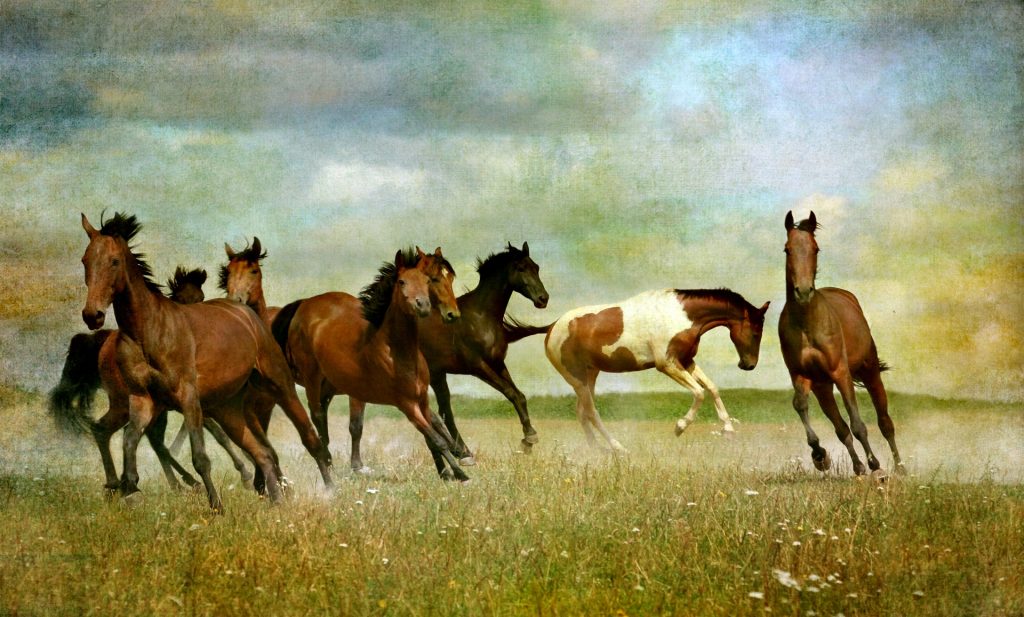
We are hosting our Metamorphosis gathering again! This is a chance for people to share music, art, and writing and to dialogue across different generations (hence the name, the concept of ideas morphing and changing over the years). This event is also a benefit for the grassroots Afghan women-led group RAWA, which is organized by women in Afghanistan who are currently supporting educational and income generation and literacy projects in their home county as well as assisting earthquake survivors. (We don’t charge or process the cash, you are free to donate online on your own and then attend!)
This will be Saturday April 6th, 2-4 pm in the fellowship hall of Davis Lutheran Church at 317 East 8th Street in Davis, California. It’s a nonreligious event open to all, the church has graciously allowed us to use the meeting room. You may sign up here on Eventbrite.
Also, we encourage everyone in the California area to attend the third annual Hayward Lit Hop on Saturday, April 27th. This is a public festival with different readings from different groups throughout downtown Hayward coinciding with Hayward’s choosing a new adult poet laureate, culminating in an afterparty at Hayward’s Odd Fellows Lounge. Several Synchronized Chaos contributors will read from their work at the 2024 Lit Hop.
Now for our second March issue: One Wild and Precious Life. Poet Mary Oliver said, “Tell me what it is that you plan to do, with your one wild and precious life!” In that spirit, this month’s contributors wonder and dream and fear and love and plan, all in the face of human mortality.
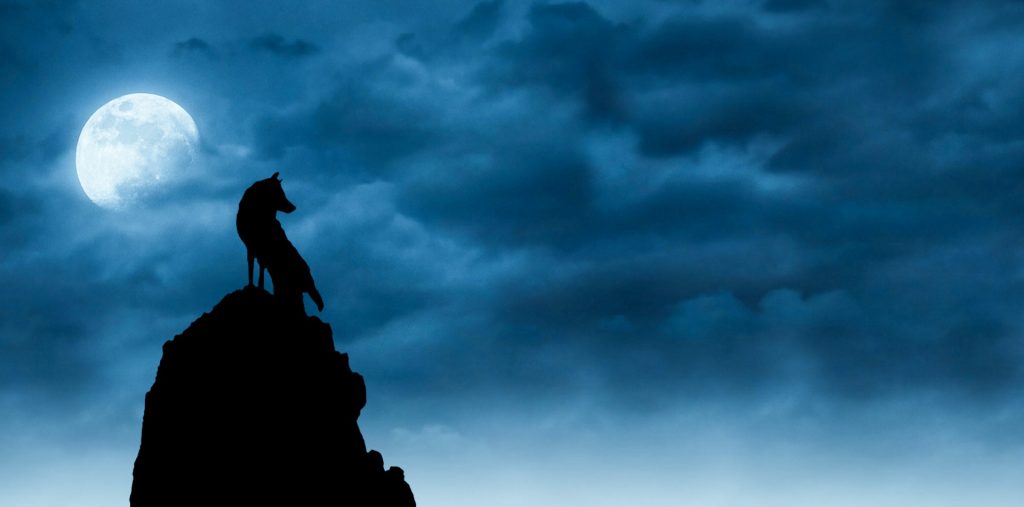
Susie Gharib comments on the tragedy and transience of life on Earth, while Duane Vorhees ponders the weight and influence of human ambition and history on an individual’s life.
Jacques Fleury celebrates Black history and encourages respectful and nuanced portrayals of Black people in media.
Gulyaho Karimova’s essay outlines the life and legacy of Jaloliddin Manguberdi, patriotic Turkish hero from centuries in the past. Z.I. Mahmud looks to the past and the influence of a single person in his essay on Walt Whitman’s elegy to Abraham Lincoln. Muntasir Mamun Kiron rhapsodizes in his poetry about Bangabandhu, the military and political leader considered the father of modern Bangladesh.
Xushroy Abdunazarova’s poem concerns the beauty of the Uzbek language while Adhamova Laylo discusses the structure of the Korean alphabet. Sarvinoz Mamadaliyeva urges support for the education of women and girls. Zulaykho Kosimjonova outlines strategies to improve students’ reading comprehension while Malika Oydinova compares the advantages of distance versus in person learning. Bill Tope reminds us of the value of free access to information in his protest story about book bans and censorship while Faleeha Hassan highlights the power of writing and creativity in her narrative prose poem on the cataclysmic effects of writers’ block on her imagined worlds.
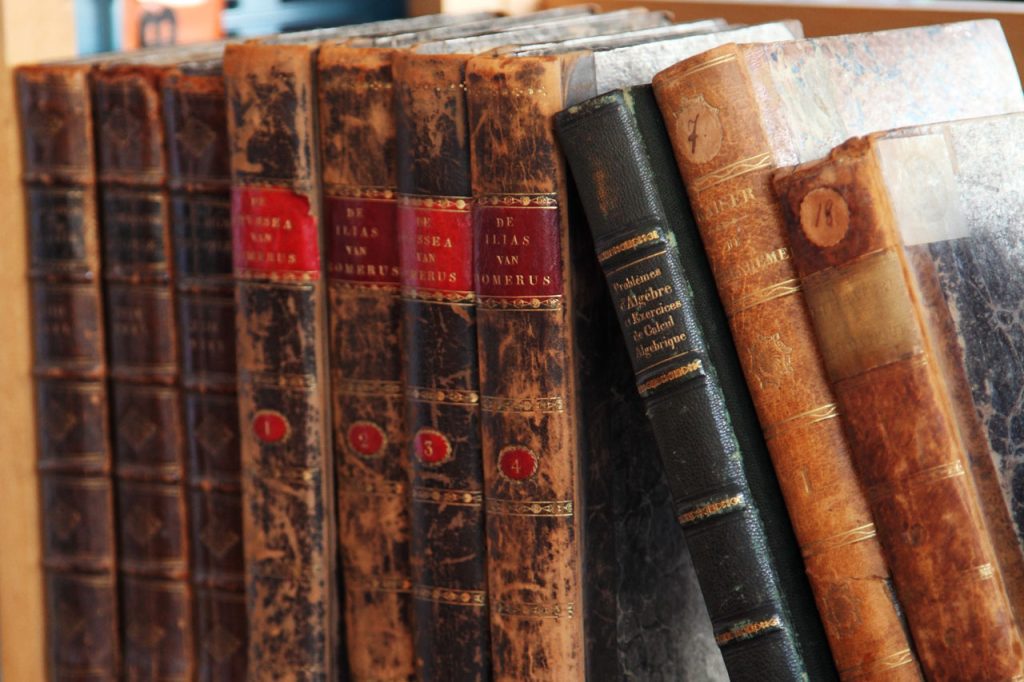
Xabibullayeva Madina writes of the elegance of her Uzbek heritage, spring, and femininity. Graciela Noemi Villaverde illuminates the wonder, beauty, and strength of women. Annie Johnson celebrates romantic love and the divine feminine archetype as grounded in nature and culture.
Brian Barbeito speaks to the timelessness and mystical quality of natural landscapes and our place in them. Sayani Mukherjee describes how thoughts align in her brain like a choir or a forest of trees. Umid Qodir’s poem urges people to have the courage of a flower in the rain, while Maja Milojkovic compares committed love to a flower continually receiving needed water from nature. Christopher Bernard compares a graceful female dancer to a fountain of water. M.P. Pratheesh’s concrete photographic poems illustrate red rocks lined up and covered to varying degrees. Kristy Raines writes of the return of spring, spirituality, compassion, and lost love with a sensitive spirit. Mahbub Alam writes of swimming at dawn with a beloved, immersing himself in water and his tender feelings. His daughter Monira Mahbub crafts gentle scenes of village life and connection among people. Maurizio Brancaleoni contributes clever haikus on winter cold and human nature.
Mykyta Ryzhykh also speaks to human nature, with lonely modern, or post-modern pilgrims wandering alone, wondering who they are and what they are looking for in life. Our prophet of lonely wanderings, J.J. Campbell, returns with pieces on the joy and precarity of romantic and family relationships, conveying the lostness he felt with his family of origin.
Nathan Anderson addresses questions of human nature in an even less linear manner, playing with punctuation and spacing of letters on the page. Mark Young renders images from his neighborhood into mixed media art images, providing a unique way of seeing things where reality melds with imagination. Clive Gresswell, in his new book Shadow Reel, reviewed by Cristina Deptula, explores our unconscious, how ideas and words continue to resonate in our brains past the point of linear thinking.
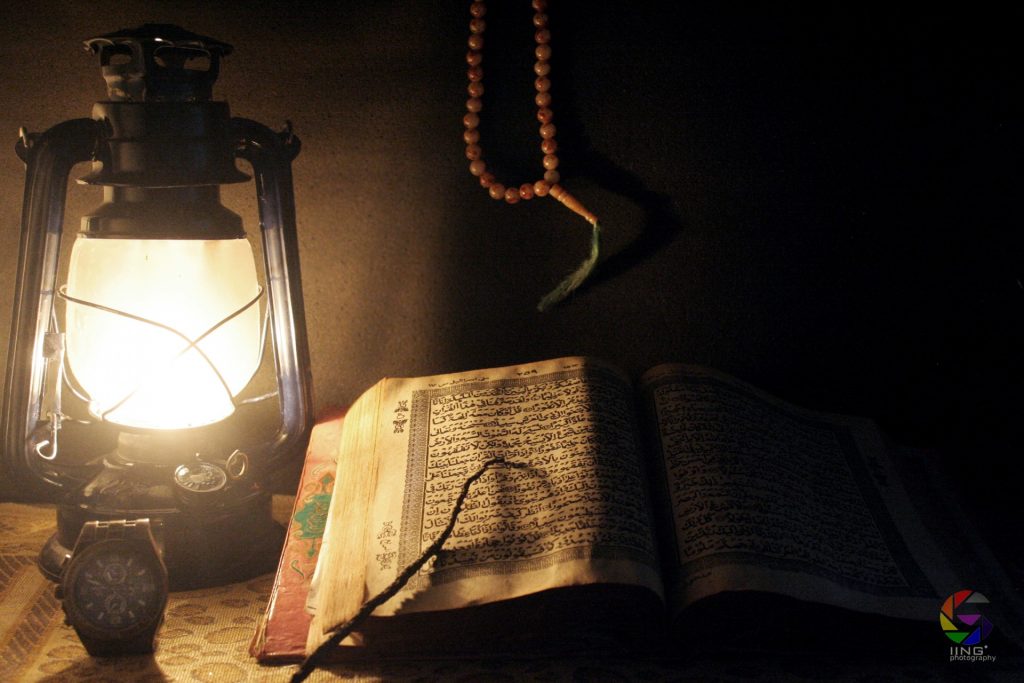
A. Iwasa provides a comical essay about his encounters with dopplegangers. J.D. Nelson’s haiku presents encounters with the unexpected: minor mishaps, strange combinations, reunions. Grant Guy’s concrete poems about surrealist artist Alfred Garry evoke the whimsical nature of his work and the tragedy of his short life.
Mesfakus Salahin ponders how he will prepare to meet the implacable force of death, while Jerry Langdon sings the blues for a soul doomed to damnation.
Ivan de Monbrison describes physical and mental pain as a force mangling the brain and body, permeating our structural integrity and the wholeness of our relationships with each other.
Taylor Dibbert reflects on the end of a relationship while Bill Tope relates the tale of a lonely woman who feels rejected in love and commits suicide. Farangiz Murodova’s breakup poem provides an elegant rendering of loneliness.
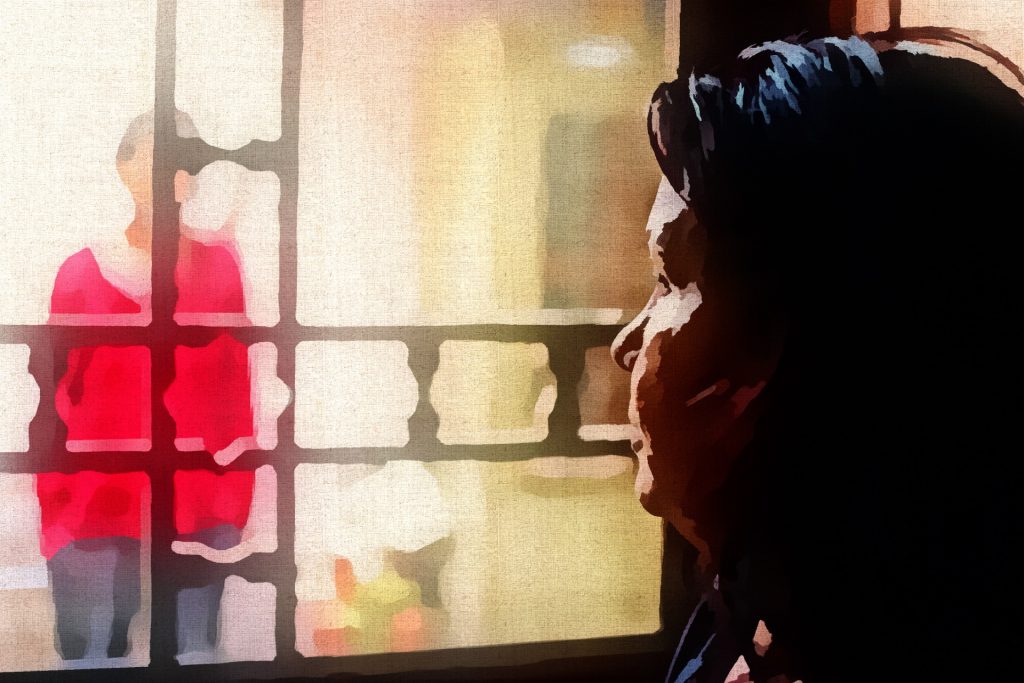
Zebo Ibragimova writes of the global scourge of drug addiction and the many lives affected. Pat Doyne speaks to questions of personhood and government authority in her poem satirizing a recent American court decision concerning in vitro fertilization. Emina Delilovic-Kevric evokes images of civilians oppressed by German military forces in a piece about the mental toll of society’s inhumanity.
Meanwhile, in a more abstract vein, Clive Gresswell crafts surreal images of invasion, decay and destruction.
Noah Berlatsky sends up a poem about the daily matters of life, such as breakfast, which continue even when our lives are in chaos. Wazed Abdullah compares the journey of life to a piece of music, to be experienced in all its different stages and moods.
Ezoza Eshonkulova’s piece personifies a clock and reflects on the passing of time. Dildora Toshtemirova’s two essays concern finding the courage to go live your dreams through determination and hard work and making the most of your time. Nosirova Gavhar expresses her wish that her fellow young people would achieve their goals.
Sherbekjon Salomov writes of the future potential of youth in Uzbekistan. Isabel Gomez de Diego revels in the beauty of a children’s playground in her photography.
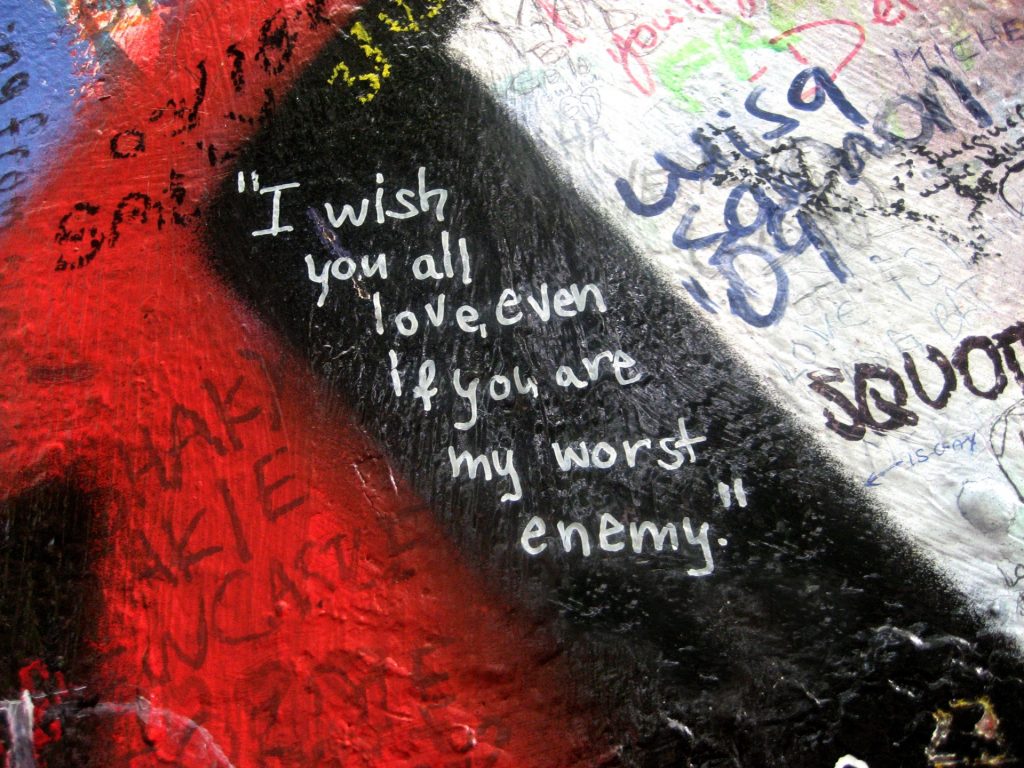
In her literary essay on Tolstoy, Ravshanbekova Asalkhon discusses the author’s deep empathy for the poor and downtrodden. In Mashhura Umaraliyeva’s story, simple human kindness helps a girl lonely at summer camp. Sarvara Sindarkulova speaks to the importance of respect for parents. Muhammed Sinan describes his quest for goodness and compassion and Anila Bukhari’s poems reflect a deep faith and tender compassion for the human condition.
Ahmad Al-Khatat writes of learning from fellow immigrants how to move from fear to dreaming and hope, while Ellie Ness addresses the precarity and joy of travel.
John Edward Culp describes an easy camaraderie between two people while Nasser Al Shaikh Ahmed evokes romantic love with creative and lush poetic imagery. Elmaya Jabbarova evokes a sense of wonder and mystery about human relationships in her mystical piece. Stephen Jarrell Williams’ playful pieces express hope for softness and beauty and lasting love. An actual couple who met in a writing workshop, Ubali Ibrahim Hashimu and Maryam Yakubu, send up a gentle collaborative love poem as Daniel De Culla gives an earthy reflection on a romance.
Eva Petropoulou speaks of seeking love and human connection, more family love and general compassion than romance. Lilian Dipasupil Kunimasa writes of respect and empowerment for women and also crafts a tale of an eccentric character finding welcome in a small town.
We hope that you might also find a welcoming home for your own creativity within this issue, with its many poignant, tender, amusing, strident, thoughtful, eccentric, and inspiring pieces.
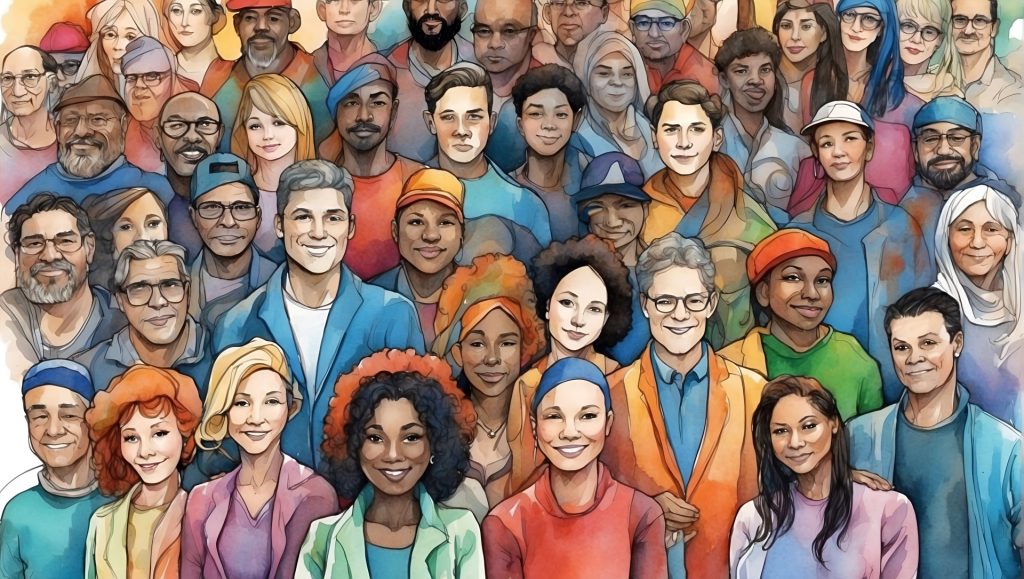
Essay from Ravshanbekova Asalkhon
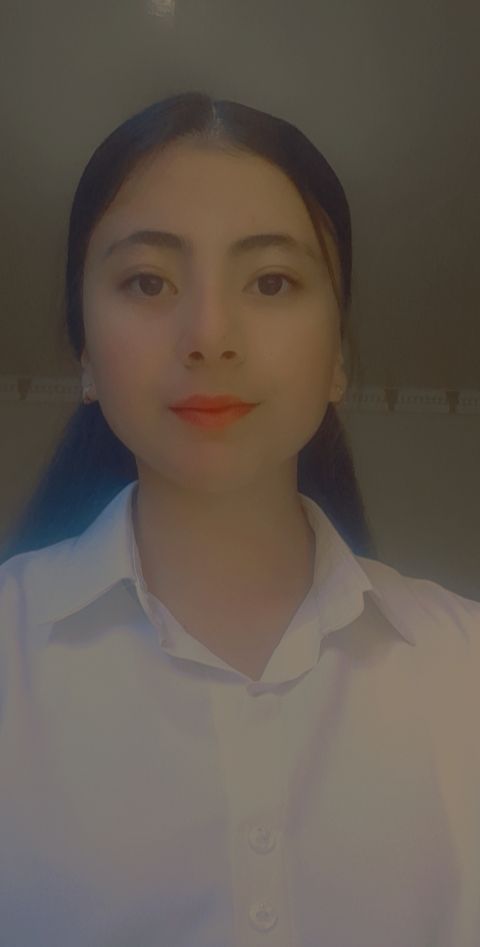
After a while, I returned to reading Dostoyevsky again. It’s been a long time. It seems that it has been three years since I read his last work, The Brothers Karamazov. Dostoyevsky’s first work was called “The Poor”. It can also be translated as “poor people”. Throughout his life, he revealed the psychology of the poor better than anyone else in all his works. His characters are not simple, but poor people with extremely high feelings. They are at the same time superior to the rest, and at the same time forced to live a miserable life. Dostoevsky’s philosophy can be described as “humiliated virtue”.
The hero of the story-writer in the work is also a person whose noble feelings are not appreciated, who has not seen the respect he deserves, and is humiliated. Therefore, when he gets money, he wants to increase it, even if it is in a way that people condemn, and he wants to live far away from these people and, most importantly, without hating them. The most beautiful dream for a man, close to human nature, is this: “…to buy land in the outskirts and spend the rest of my life in the mountains, in the vineyards, most importantly – far from you, but without keeping a cake for you, with the highest goal in my heart, with the woman I love from the heart , God willing, to live with my family, without sparing my help from neighbors…”
A young man with this intention is usually looking for a life partner. If he finds it, he will fall in love with it and be ready to throw everything at his feet. There is a difference between the love of young men who wash their hands from society and those who are trying to achieve status in society. For a young man who is envious of property, prestige, and career, a wife is a part of his life, and certain functions are assigned to her. For a young man disillusioned with society, love is at the center of his life.
Masuma’s personality is gradually revealed from such male language. She is 16 years old and like most girls her age, she is stubborn. He tries to “prepare, shape, defeat” him. That was the mistake. Pure and intelligent at the same time; has both high feelings and experienced humiliations; stubborn nature; mentally unstable; it weighs on a teenage girl whose personality is not yet fully formed. The whole work is built on the short life and mental instability of these two characters. Small conclusions can be drawn from the work, but there is no overall idea. In this case, Dostoyevsky did not pour out everything as in his great works, he did not aim for such a big goal, he just depicted two poor people.
